Rex Butler
In 2006, Rex butler’s brother, Bill, was preparing for surgery to relieve chronic lower-back pain when he accidentally overdosed on methadone, the opioid his doctor had prescribed.
Bill left behind a devastated family: his wife, two sons and three siblings, including older brother Rex who is now a vocal advocate for the more than 16,000 Americans who die each year due to an overdose of prescription pain medication.
“After Bill’s death, I was consumed with grief and anger,” Rex recalls, “but almost immediately I began noticing at least two articles a week in various publications about methadone overdose deaths. It was mind-blowing. Then, when the National Safety Council launched a program focusing on the epidemic, I knew I could do more than just be collateral damage.”
Though an experienced speaker, Rex had to navigate the fragile space many advocates encounter when moving from private to public storytelling. “My brain told me I was ready to tell my story, but my first and second presentations made it clear that I had work to do. I had difficulty keeping Bill’s memory in a safe place as I spoke to audiences.”
Rex credits the training he received from the National Safety Council’s Survivor Advocacy Program—a training grounded in Living Proof Advocacy principles—with helping him focus his story on his advocacy goals: educating others and saving lives. “Now I can share my story without letting emotions control the moment,” says Rex. “It gives me peace and pride knowing that Bill did not die senselessly.” Learn more.

